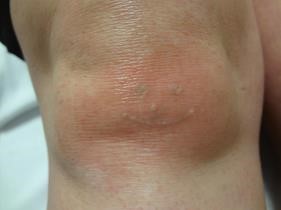| FATS YOU SHOULD EAT
Dietary fat is critical for the absorption of fat-soluble nutrients including vitamins A, D, E and K. It also enhances the flavor of foods. Mostly, we consume fats in the form of triglycerides, which are three fatty acids joined together. The body breaks triglycerides into individual fatty acids which are absorbed. However, if there are more than what we need, they are stored in fat cells for later use.
Saturated fatty acids which are in butter, whole milk, meat, and tropical oils, raise your blood levels of LDL or bad cholesterol.
Unsaturated fatty acids are mostly in plant oils such as soybean, canola, and olive oil; fish/seafood; and nuts, seeds and avocados. The two types of these fatty acids are mono- and polyunsaturated. Consuming unsaturated fatty acids can lower your LDL, especially polyunsaturated fatty acids.
(Did You Know? Common monounsaturated fatty acids are olive, peanut and canola oils; avocados; almonds, hazelnuts and pecans. Omega 3 polyunsaturated fatty acids are mainly in fatty fish; flax and chia seeds; walnuts; canola, soybean, flaxseed, and fish oils. Omega 6 polyunsaturated fatty acids are found in safflower, sunflower, corn, soybean, and grapeseed oils; mayonnaise; sunflower and pumpkin seeds; walnuts, almonds, and pine nuts; tofu.)
Omega 3 fatty acids are associated with better cardiovascular health. This may be associated with eating less meat and cheese. The studies of fish oil supplements have been inconsistent.
Omega 6 fatty acids has been associated with positive health in humans. Some animal studies find inflammation but these animals were fed high levels and has not been observed in humans.
-Tufts Health & Nutrition Letter |









